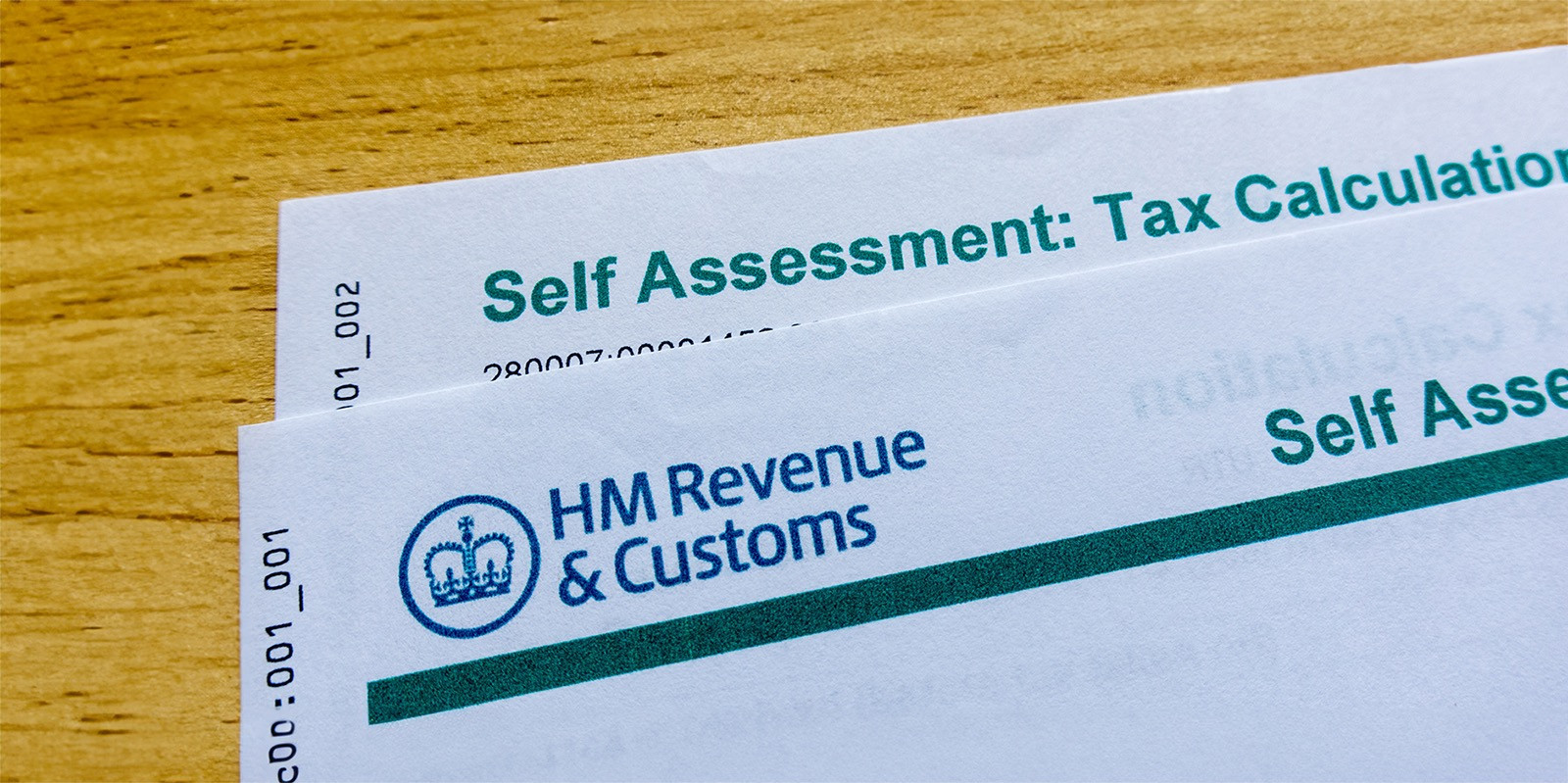Self-Assessment is a process created by HMRC that allows individuals with untaxed income to
report it and pay any due tax. Those who typically need to complete a tax return include:
Typically, tax returns must be submitted by January 31st following the end of the financial year.
For the 2023/24 financial year, paper returns are due by October 31, 2024, and online returns
by January 31, 2025.
Responsibility and Penalties
HMRC does not notify individuals to file their tax returns; it is the taxpayer's responsibility to
ensure timely submission. Missing the deadline results in penalties:
